Bridging the Gap: Repairing Relationships for Stronger Community Engagement
1:00pm to 2:00pm
Most of us recognize the need for and importance of engaging the communities we serve. Working to uphold the slogan, “nothing about us without us”, we might try to engage communities as much as possible. But engagement is a two-way street, and people who work in institutions and organizations sometimes find that the communities they hope to engage are hesitant or even resistant to engage. This can often be true when the relationship between institutions and communities is damaged, or where there is a lack of trust in the organization’s ability to engage in an open and honest way. With that in mind, what might those of us who work in institutions and organizations do?
Register for Bridging the Gap
Through this webinar Lisa Attygalle and Galen MacLusky, Tamarack’s Directors of Community Engagement and Community Innovation will explore our thoughts on this issue, drawing upon our experiences in supporting community engagement across North America.
After this webinar, you will be able to:
- Ask questions of yourself and others that help to understand why your community is hesitant to engage
- Reflect on your own desire to engage and how that might be viewed by the community
- Develop your own next steps to build equitable relationships with the communities your work impacts
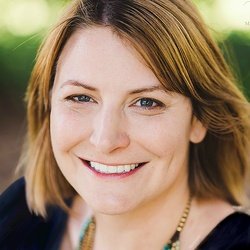
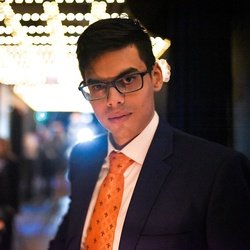
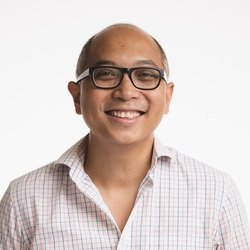
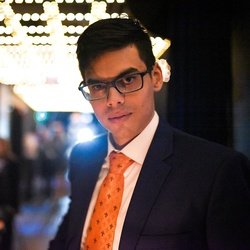
 1:00pm - 2:00pm Eastern Time
1:00pm - 2:00pm Eastern Time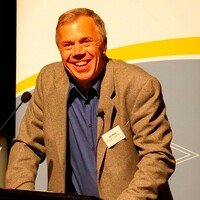

 John McKnight, Asset-Based Community Development Institute
John McKnight, Asset-Based Community Development Institute Cormac Russell, Nurture Development
Cormac Russell, Nurture Development
